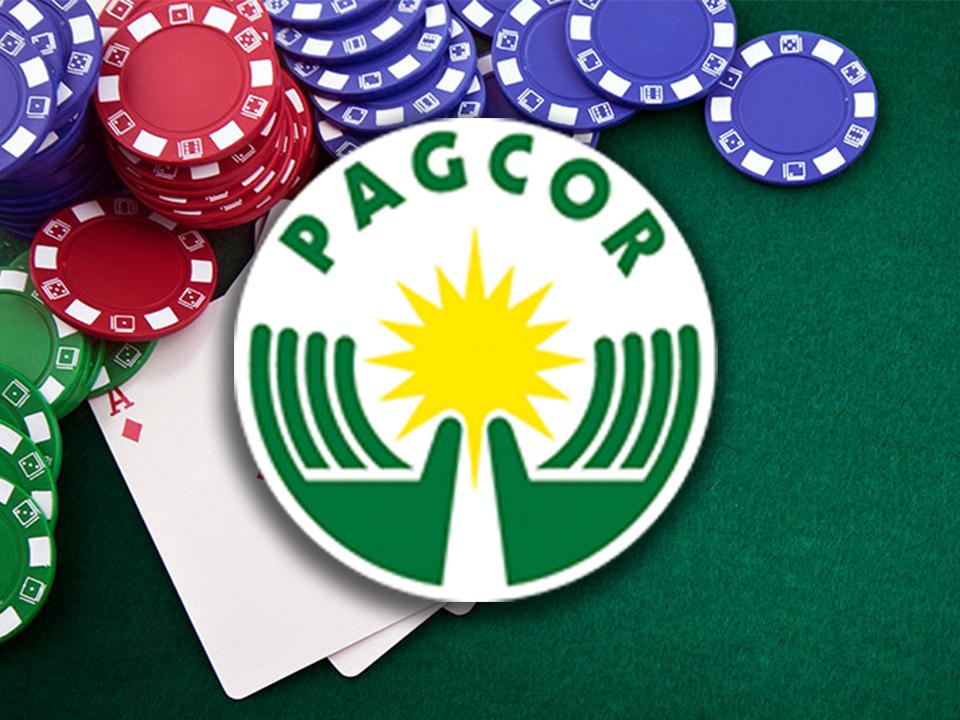How PAGCOR Shapes the Online Casino Industry?
Dive into the vibrant heart of the Philippines’ gambling scene. Here, the Philippine Amusement and Gaming Corporation (PAGCOR) orchestrates a digital revolution in online casinos. This world, where tradition meets the cutting-edge of internet gaming, is full of intrigue, innovation, and economic quest. Through PAGCOR’s oversight, we explore the Philippines’ niche in the global gaming industry. This article will unravel the complexities of online gambling under PAGCOR. We’ll illuminate the challenges, triumphs, and impacts on the Philippines and beyond. Get ready for an enlightening journey that fuses regulatory wisdom with the thrilling possibilities of the digital age.
What is PAGCOR?
Governance and Structure
Evolving Rules in the Online Casino Realm
Regulation of Online Casinos
The regulatory framework established by PAGCOR for online casinos is designed to ensure a safe and fair gaming environment, prevent illegal activities, and generate revenue for the country. The key aspects of this regulation include:
- Licensing: PAGCOR grants licenses to operators to run online casinos, known as Philippine Offshore Gaming Operators (POGOs). These licenses are subject to strict criteria, including financial stability, technical capabilities, and adherence to anti-money laundering (AML) regulations.
- Taxation and Revenue Sharing: Online casinos are subject to taxation, and a portion of their revenue is earmarked for various social and developmental projects within the Philippines. This revenue-sharing model is integral to PAGCOR’s mandate to contribute to national development.
Development of Online Casinos
The development of online casinos in the Philippines has been marked by significant growth, driven by the global increase in internet gambling and the country’s strategic position as a regulatory hub for online gaming in Asia. Key factors contributing to this development include:
- Economic Impact: The online casino sector has become a substantial economic contributor, providing revenue through taxation, creating employment opportunities, and fostering a vibrant technology and services ecosystem.
- Challenges and Opportunities: The sector faces challenges such as regulatory compliance, competition from unlicensed operators, and concerns over gambling addiction and social impact. However, these challenges also present opportunities for innovation in regulation, player protection, and responsible gaming initiatives.
PAGCOR Implements Changes in Online Gambling
Regulatory Framework
- Taxation and Revenue Sharing: The Bureau of Internal Revenue (BIR) has established tax guidelines for POGOs, including a franchise tax, income tax, and withholding taxes on employees’ salaries. Revenue generated from online gaming operations contributes to government funds, supporting various public welfare and development projects.
Social and Ethical Policies
- Cybersecurity Measures: With the rise of online gaming, ensuring the digital safety of players and the integrity of gaming operations has become paramount. Policies regarding data protection and cybersecurity are enforced to protect against fraud, data breaches, and other cyber threats.


